Table of Contents
Introduction
In an era defined by rapid technological evolution, visionaries play a pivotal role in shaping our understanding and expectations of the future. Their insights into data and technology offer a glimpse into the transformative potential of these tools, which are set to redefine industries, economies, and daily life. This blog delves into the perspectives of these thought leaders, exploring the trends and innovations that are poised to shape the next decade.
The Role of AI and Machine Learning
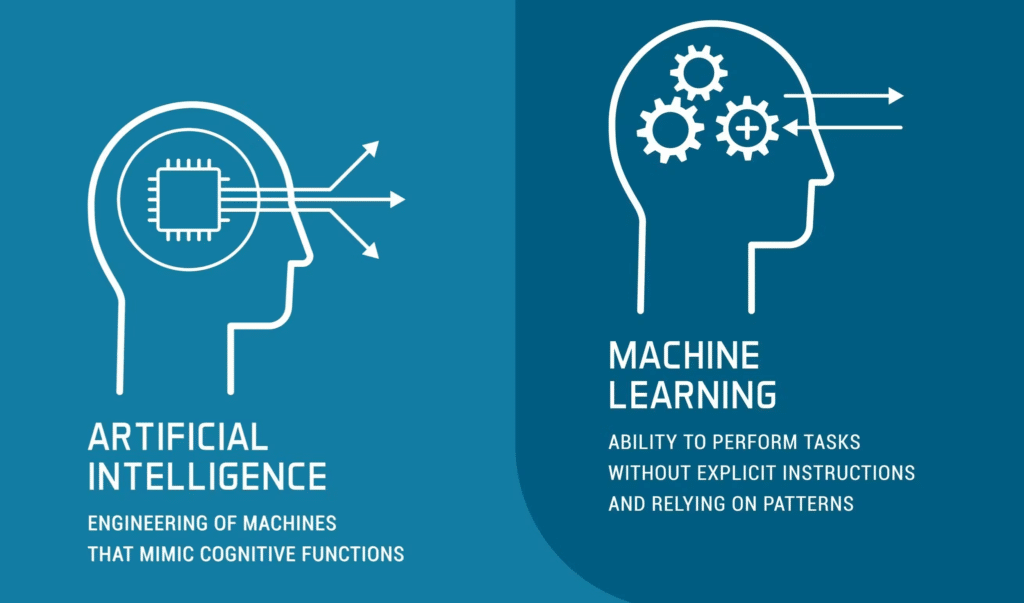
Artificial Intelligence (AI) and Machine Learning (ML) stand at the forefront of technological innovation, driving changes that seem to leap from the pages of science fiction. Visionaries predict that AI and ML will not only automate tasks but also foster new ways of thinking and problem-solving. These technologies are expected to enhance decision-making processes, personalize user experiences, and revolutionize predictive analytics.
- AI and ML in Healthcare: In healthcare, AI’s potential to analyze complex medical data faster and more accurately than humans could lead to breakthroughs in diagnosis, treatment, and patient care.
- Transforming Industries: Beyond healthcare, AI and ML are set to transform industries from finance to manufacturing, enabling more efficient operations, real-time analytics, and enhanced customer experiences.
Big Data’s Expanding Horizon
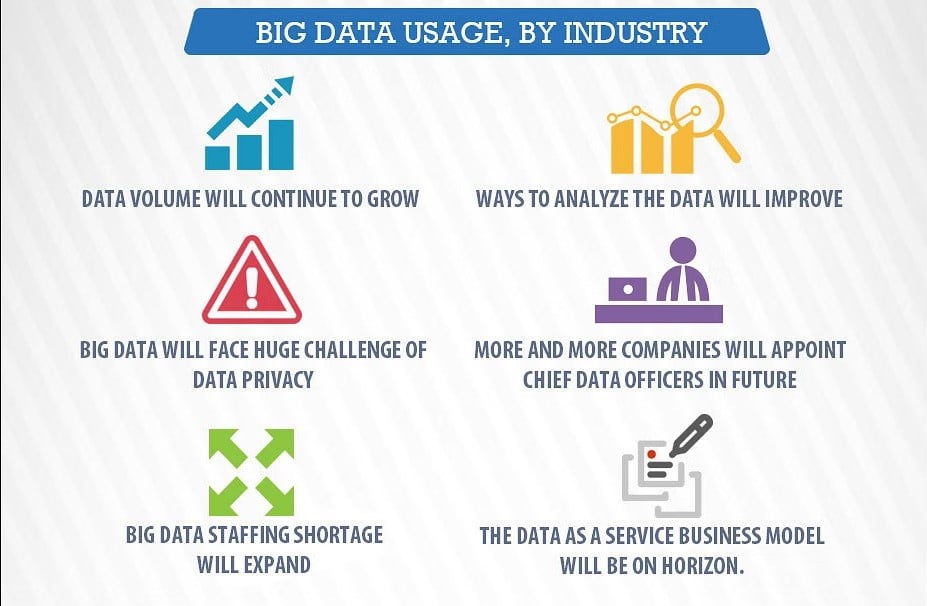
Big data continues to grow, both in volume and in its critical role across sectors. Visionaries see big data not just as a repository of information but as a foundational element for innovation, enabling deeper insights and more informed decision-making.
Data Analytics Evolution: The evolution of data analytics tools will allow businesses to harness big data more effectively, providing nuanced insights that can inform strategy and drive growth.
Impact on Society: The societal implications are vast, with big data influencing everything from urban planning and environmental monitoring to public health and education.
The Rise of Quantum Computing
Quantum computing is on the brink of transforming the computational landscape, offering processing power that could eclipse today’s most advanced supercomputers. Visionaries foresee quantum computing solving complex problems that are currently intractable, potentially revolutionizing fields like cryptography, materials science, and pharmaceuticals.
Quantum in Research: In research, quantum computing could accelerate discoveries by enabling simulations of molecular and quantum phenomena at unprecedented scales.
Industry Applications: Industries are poised to benefit from quantum advancements, with applications ranging from optimized logistics to new financial models.
Blockchain’s Transformative Impact On Data and Technology
Blockchain technology is anticipated to extend far beyond its cryptocurrency origins, offering a new paradigm for secure, decentralized data management. Visionaries highlight blockchain’s potential to enhance transparency, reduce fraud, and streamline transactions across various sectors.
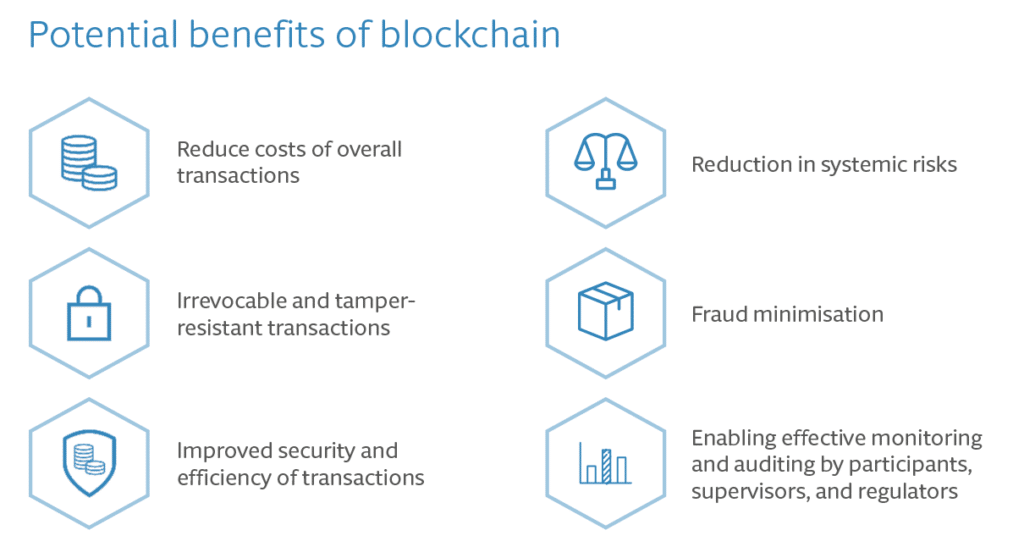
The integration of blockchain into the realms of data and technology signifies a transformative shift towards more secure and transparent systems. Visionaries see this as a pivotal moment where blockchain could revolutionize how data is stored, shared, and verified, reducing the reliance on centralized intermediaries and enhancing data integrity.
Decentralization in Action: The decentralization aspect of blockchain could revolutionize data sharing between entities, fostering trust and collaboration.
Innovative Use Cases: Beyond finance, blockchain could transform supply chain management, intellectual property rights, and even voting systems.
This data and technology is poised to redefine data transactions, offering a robust framework for industries ranging from healthcare to finance, thereby ensuring that data remains an unassailable asset in the digital age.
The Internet of Things (IoT) and Connectivity
The IoT is set to expand connectivity to unprecedented levels, with visionaries predicting a future where virtually every device is interconnected. This network of devices will generate vast amounts of data, offering insights and efficiency improvements across industries.
As data and technology continue to advance, the Internet of Things (IoT) is expected to transform into a vast network where interconnected devices will significantly influence data-driven decision-making. This integration will revolutionize sectors such as urban development, healthcare, and industrial maintenance, offering unprecedented levels of efficiency and personalization.
Smart Cities and IoT: In urban areas, IoT could lead to smarter city planning, improved public services, and enhanced sustainability.
Industrial IoT: In manufacturing, IoT technologies are expected to drive the next wave of industrial innovation, optimizing production processes and supply chains.
The synergy between IoT, data, and technology will pave the way for smarter cities, enhanced industrial processes, and more tailored consumer experiences, showcasing the profound impact of these elements on our future societal and technological landscapes.
Ethical Considerations and Data Privacy
As data and technology advances, ethical considerations and data privacy become increasingly paramount. Visionaries stress the importance of developing frameworks that ensure technologies like AI and big data are used responsibly, with a focus on safeguarding individual privacy and promoting transparency.
Building Trust: Establishing ethical guidelines and privacy protections is crucial for building trust in new technologies, and ensuring they are adopted and utilized effectively.
Regulatory Evolution: The regulatory landscape will need to evolve to address the challenges posed by these advancements, balancing innovation with protection and accountability.
Harnessing the Power of Advanced Analytics and AI
Advanced analytics and AI are set to offer unprecedented insights, driving data-driven decision-making to new heights. Visionaries predict a future where analytics tools are integral to every aspect of business and governance, enabling real-time responses and strategic foresight.
Predictive Capabilities: Enhanced predictive analytics will allow organizations to anticipate trends, customer needs, and potential challenges with greater accuracy.
AI-Driven Innovation: AI’s role in analytics will extend beyond data interpretation, driving the creation of new products, services, and business models.
Overcoming Resource and Infrastructure Limitations
The future of data and technology is not without its challenges. Visionaries acknowledge that overcoming resource and infrastructure limitations is crucial for realizing the full potential of these advancements. Ensuring access to cutting-edge technology across different regions and sectors will be key to fostering inclusive growth and innovation.
Bridging the Digital Divide: Efforts to bridge the digital divide will be essential for ensuring that the benefits of technological advancements are widely distributed.
As we delve deeper into the future of data and technology, addressing the digital divide becomes imperative to ensure equitable access to information and opportunities. Visionaries stress the importance of creating robust frameworks and policies that promote digital literacy and infrastructure development, particularly in underserved communities. By democratizing access to data and technology, we can unlock a wealth of untapped potential, fostering a more inclusive environment where innovation thrives and benefits are shared across all strata of society.
Conclusion
In conclusion, visionaries’ insights into the future of data and technology paint a picture of a world where innovation and strategic data utilization drive progress across all sectors. As we stand on the brink of this transformative era, the collective wisdom of these thought leaders not only guides us but also challenges us to think critically about how we can harness these advancements responsibly. Embracing these changes requires not just technological readiness but also a commitment to ethical standards and inclusive practices, ensuring that the future shaped by data and technology is beneficial for all.
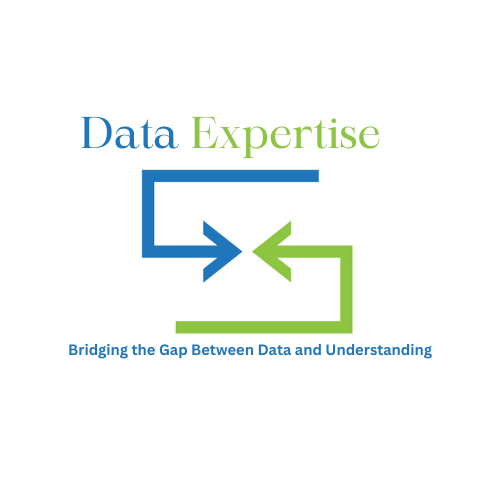
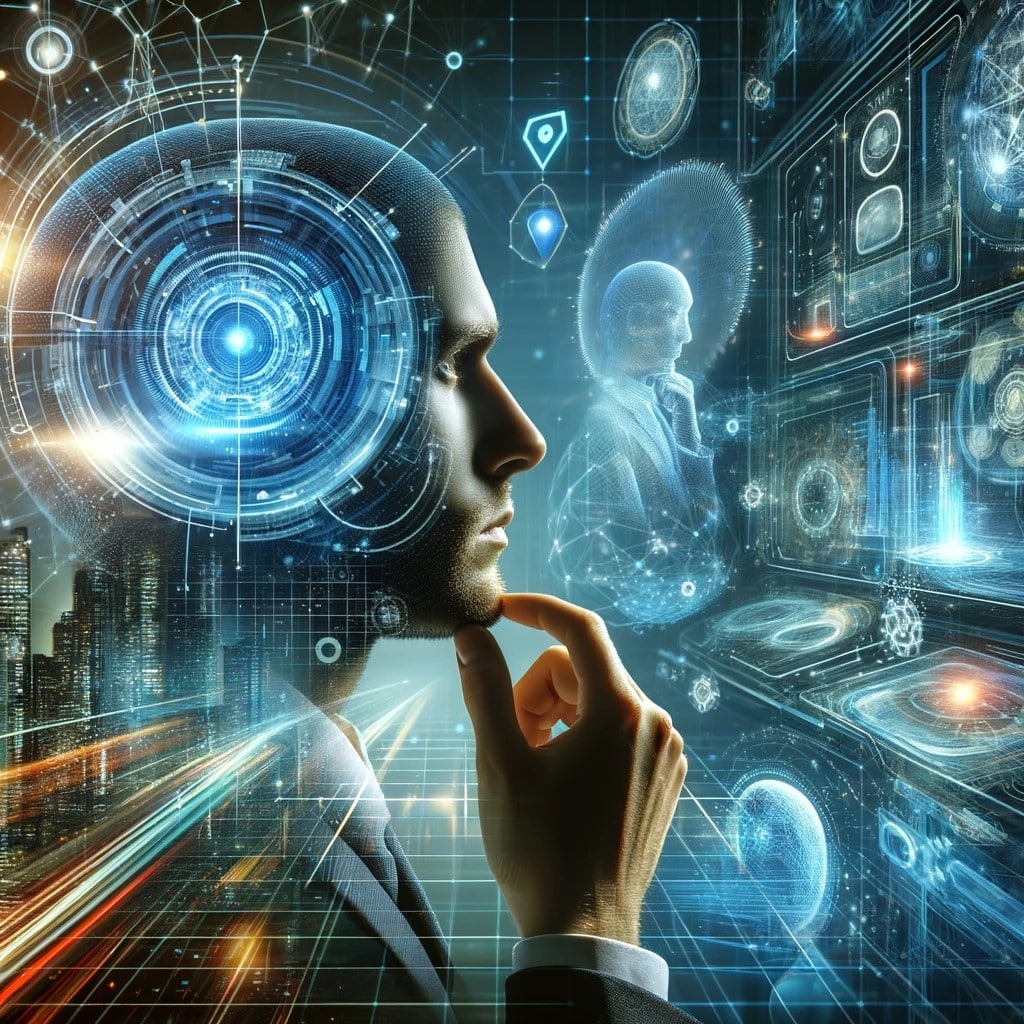

Leave feedback about this